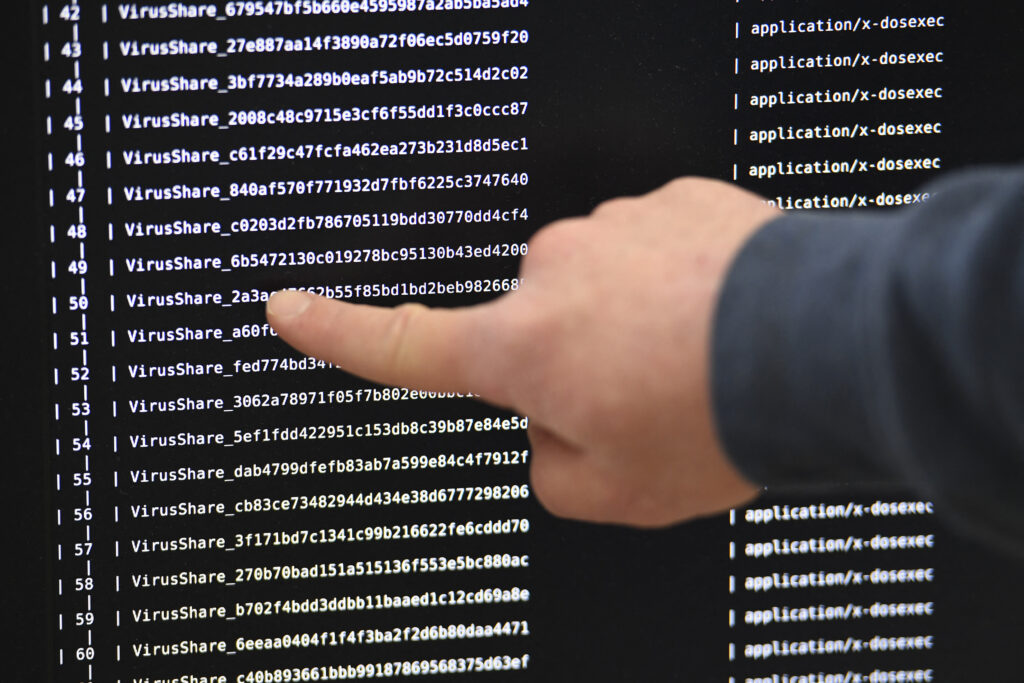
- ARAB NEWS
- 31 Jul 2025

TOKYO: An increase in ransomware attacks has forced Japanese companies to take precautionary measures against the type of computer virus that encrypts data until a ransom is paid.
Attackers sometimes threaten that they will disclose the stolen data. Ransomware attacks cost victims huge amounts of money and effort to recover.
In June, media and educational group Kadokawa Corp. was attacked by ransomware, and personal information on about 250,000 people, including students of schools run by the group, was exposed. The incident also obstructed the operations of the group’s popular Niconico video-sharing platform.
Iseto Corp., a Kyoto information-processing services provider commissioned to print tax notices, was also attacked by ransomware. Information on taxpayers in municipalities such as the central Japan city of Toyota and the western city of Wakayama was compromised.
According to research last year by information security giant Trend Micro Inc., attacked companies spent 176.89 million yen on average for recovery and compensation for damage to customers. It took 10.5 days on average to recover from their operational halts.
In many cases, attackers apparently gain entry via network devices for remote work, via clients and affiliated companies or via systems at data centers.
“The first step is to check for any entry points with vulnerability,” Trend Micro cybersecurity expert Katsuyuki Okamoto said. “Efforts should also be made to understand risks across the entire supply chain.”
Okamoto called for making backups needed for recovery routinely.
More companies are buying insurance to prepare for virus intrusions.
At Sompo Japan Insurance Inc., the number of newly concluded insurance contracts to cover costs for damage related to cybersecurity problems in fiscal 2023 increased about 20 percent from the previous year. Many buyers were small and midsize companies.
An official at Aioi Nissay Dowa Insurance Co. said that awareness is rising among companies and that demand for related insurance policies is increasing.
Still, ransom payments, which could promote attacks, are not covered by such insurance.
“Even if a victim has paid a ransom, that does not mean the data will be recovered, and there is no guarantee that the data will not be exposed,” Okamoto said.
JIJI Press